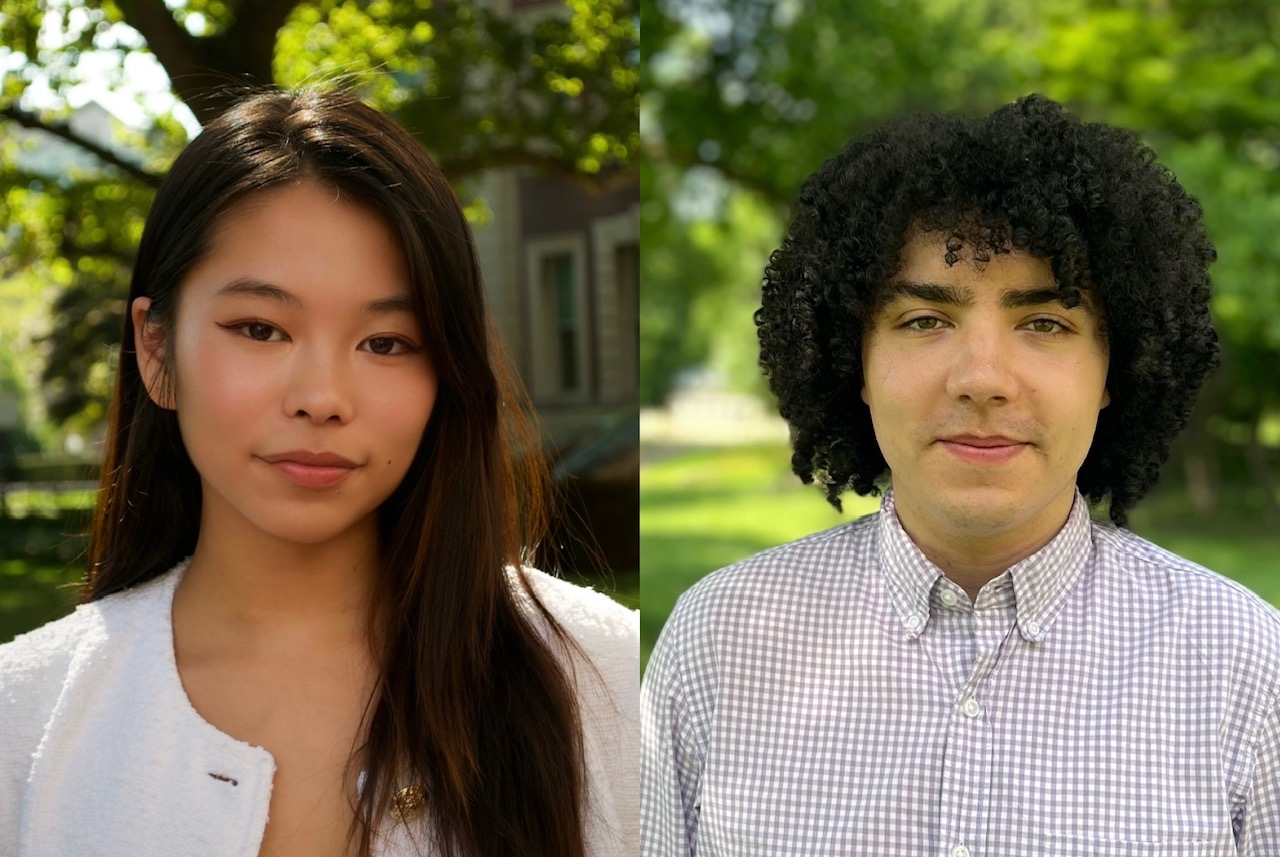The Margaret “Maggie” Nolan O’Neill Fellowship was established in 2022 in memory of Margaret “Maggie” Nolan O’Neill (Class of 2021), at Columbia University. She studied Political Science, Government, and Political Philosophy, with a keen interest in the application of those studies in the modern world. Her devoted family and friends created this academic opportunity to advance scholarship in American history and geopolitics while also fostering respectful dialogue of topics relevant to the evolution of our nation, the shaping of its democracy and place in the global arena. Inspired by Maggie’s own passion for intellectual discourse and boundless curiosity about our country’s history and political landscape, this fellowship allows two undergraduate or graduate students at Columbia University to use the JHC campus, archives and advisors as resources and includes a stipend for an immersive summer experience. The selected fellows are then invited to present their final research to the public in a fall program.
We are delighted to introduce our two O’Neill Fellows for 2024. They will present their research on Sunday, October 6 at 3pm. REGISTER FOR PRESENTATION & RECEPTION HERE.
Wena Teng is a proud first-generation student, studying Race & Ethnicity Studies and History at Columbia with a specialization in political economy. Born in Queens to immigrants and then living several years in Asia, Wena is interested in tracing immigration movements and connecting them to larger geopolitical themes of economy, labor, and politics. In beginning her research, Wena first examined John Jay’s interest in propelling commerce with China to bolster both independence and economic prosperity comparing it with his other political stances including abolition efforts. As she refined her work, she focused on the racialized origins of US-China trade policy during the Early Republic, Civil War, and post 1965 Hart-Celler Act. She analyzed the inevitable events and ripple effects of immigration undergirding trade and the impacts on migrant workers in ethnic labor communities post-Civil War to the 21st century. Her talk will highlight the self-sufficiency of immigrants and the history of policies affecting the lives of immigrants and workers.
At Columbia, she serves as a University Senator and a Laidlaw Scholar. She has also worked with the Urban Justice Center’s Street Vendor Project on policies to accommodate licenses and legal resources for vendors. Her experiences include an internship at the White House and positions as Columbia Law Review DEI director. A 2024 New York Truman Scholar, Wena intends to pursue a JD/PhD to reconcile gaps in labor law and policy that have historically excluded protections for migrant workers. In her free time, she enjoys writing prose, practicing the Chinese harp, and building intergenerational friendships with street vendors on food crawls around NYC.
Zachary Vanderslice is a senior at Columbia University majoring in history and applied math. As an O’Neill Fellow, his research focused on early free Black community formation in New York during the gradual emancipation era (1799-1827) following John Jay’s signing of the Gradual Emancipation Act into law. In 1799, New York State began to end slavery—freeing children of enslaved people thereafter—though full abolition would not come until 1827. Zachary’s research explores how free and enslaved Black New Yorkers experienced this period of change: the ever-present fear of re-enslavement, the formation of community organizations, and the growing access to education. He began his journey looking at how the actions of the New York Manumission Society, the African Free School and the Free African Society for Mutual Relief, contributed to the establishment of vibrant Black churches and Black neighborhoods some of which are still extant today. Civic organizations were not solely vehicles for political expression of advocacy and abolitionism – they helped Black New Yorkers articulate and enact their newfound freedom by providing aid, legal defense, education, and spiritual and social support. Drawing from primary documents from the Manumission Society, Zachary will share a few vignettes from the lives of Black New Yorkers, presenting a realistic, both hopeful and somber, portrait of this important moment of transformation.
This past summer, Zachary also conducted research at Columbia’s Lamont-Doherty Earth Observatory on extreme heat in the Midwest. He is helping to evaluate the risks of extreme climate on a variety of sectors, including public health, energy and agriculture, with an underlying focus on climate justice. In addition, he is the Chief Engineer and previous Director of Operations for WKCR-FM NY (89.9 FM, WKCR.org). There he hosts a weekly jazz radio show (Wed. 6-9pm) where he profiles a single bop or hard-bop musician, based on personal research.
